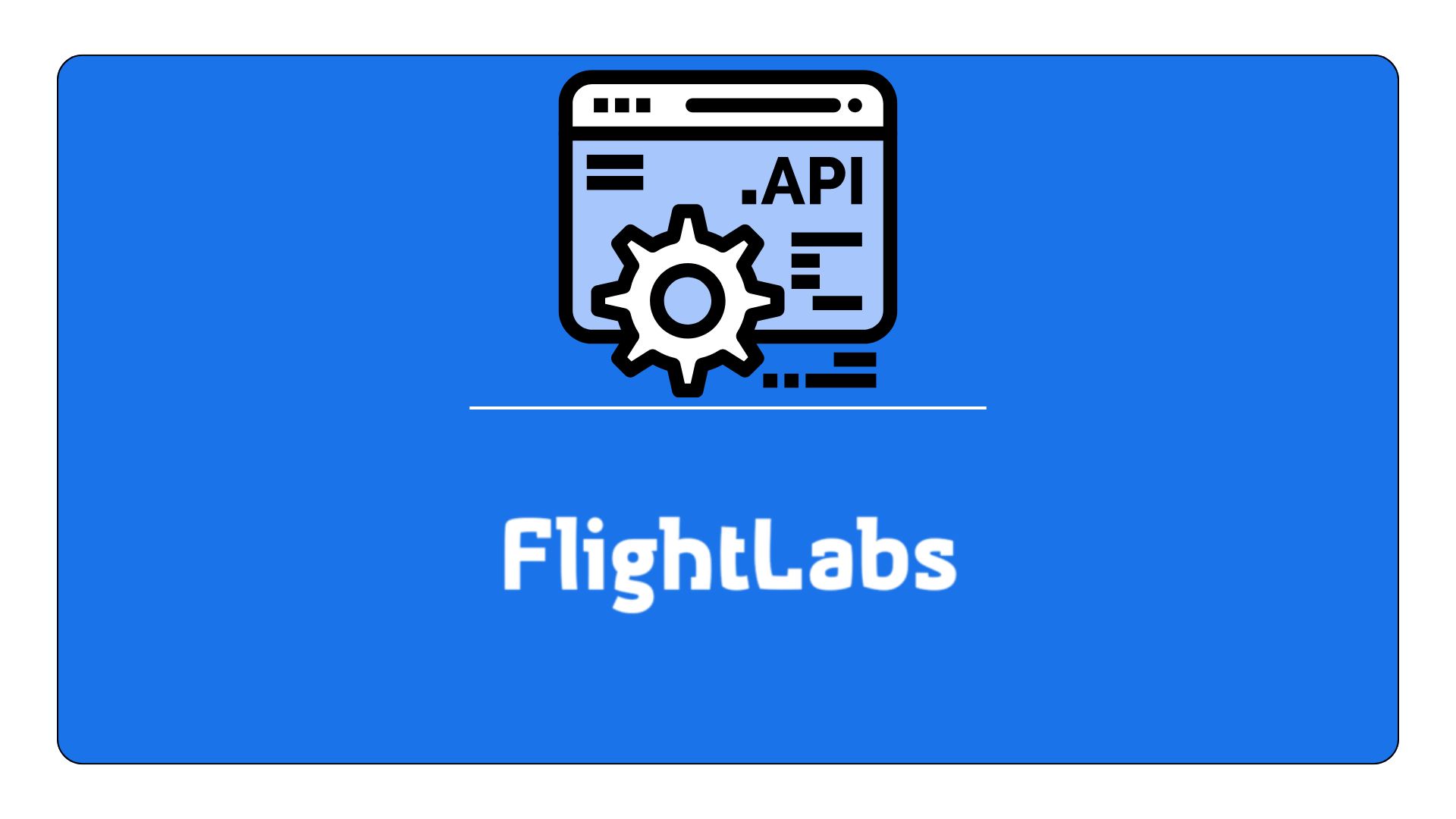Airports API: Get Real Time Information For Any Airport

The need for real-time airport information in today's fast-paced, digitally connected world has never been greater. Accurate information from airports throughout the globe is critical for both airlines that strive to maintain their schedule integrity and frequent customers who rely on faultless travel experiences. At the heart of this need is the development of Airports API technology, a vital tool that is transforming the operations of airlines, travel apps, and logistics companies. Thanks to this API's up-to-date data, users will have quick access to flight information, gate changes, delays, and even weather conditions. One of the most prominent choices in this industry is FlightLabs, a leading provider of aviation data services.
Use Cases for Airports API in Various Industries
The Airports API is essential for a variety of sectors outside of aviation, including logistics and corporate travel services. Real-time airport data is very helpful to business travelers, who frequently depend on current information to make snap choices and changes to their travel schedules. Corporate travel management businesses can provide their clients with fast notifications of flight modifications, terminal information, and other disruptions that could potentially impact their tight schedules by utilizing the API to offer comprehensive services. These businesses frequently incorporate airport data into internal reservation systems to guarantee that staff members are well-informed, reduce anxiety associated with travel, and increase productivity.
Accurate and up-to-date airport data is invaluable for the logistics and cargo sectors. Supply chains for cargo enterprises rely on prompt and dependable air freight services. Costly disruptions may result from flight cancellations, delays, or itinerary modifications. These businesses can follow cargo planes in real time, modify delivery schedules, and quickly notify clients of any changes by incorporating an Airports API into their logistical systems. This real-time tracking feature reduces potential financial losses and raises customer satisfaction by assisting in making sure goods are delivered on schedule.
Moreover, the aviation data provided by the Airports API has applications in fields like aviation research and analytics. With access to detailed airport statistics and global traffic patterns, researchers can analyze trends, predict future demand, and even optimize airport operations for increased efficiency. In this way, the API contributes to the broader advancement of the aviation industry by supporting data-driven decision-making processes.
Benefits of Using FlightLabs
The advantages of using FlightLabs’ Airports API go far beyond mere convenience—they have a direct impact on the success and efficiency of various businesses. One of the most crucial benefits is the real-time accuracy that FlightLabs provides. In the aviation industry, where conditions can change in an instant, having access to accurate and up-to-date information is essential for minimizing disruptions and avoiding costly delays. Whether it’s a flight delay due to inclement weather, a last-minute gate change, or unexpected airport congestion, the real-time data provided by this tool ensures that users always have the most accurate information at their disposal.
Additionally, this real-time accuracy supports enhanced decision-making. Companies that depend on aviation data, such as airlines, travel agencies, or logistics companies, can make faster and more informed decisions when they have access to up-to-the-minute airport data. For example, if an airline knows in advance that an incoming flight will be delayed, they can proactively rebook passengers, adjust connecting flights, and optimize their scheduling to minimize the impact. Similarly, travel agencies can immediately alert their customers to any changes, offering alternative travel options to reduce inconvenience. In the logistics industry, companies can reroute cargo flights or reschedule deliveries based on real-time flight status updates, ensuring smooth operations and reducing delays.

